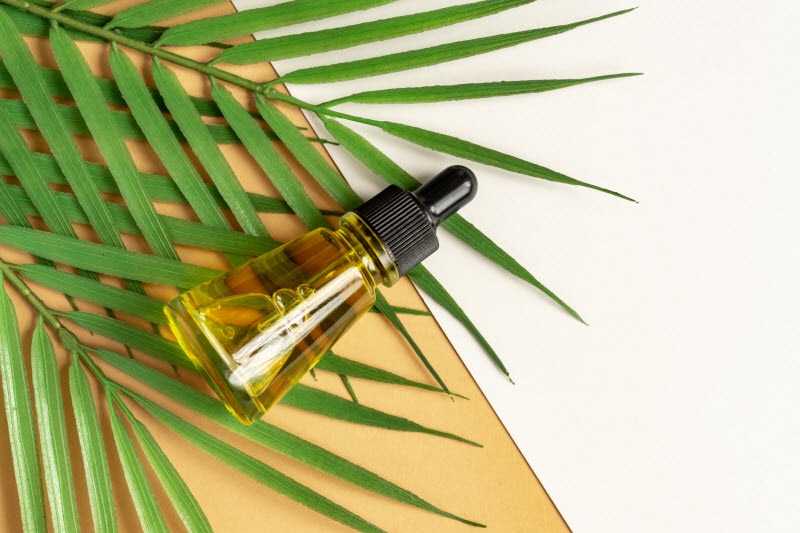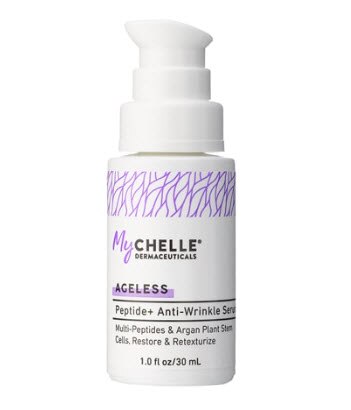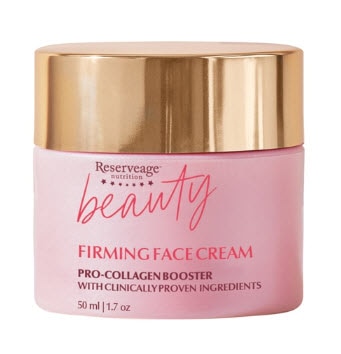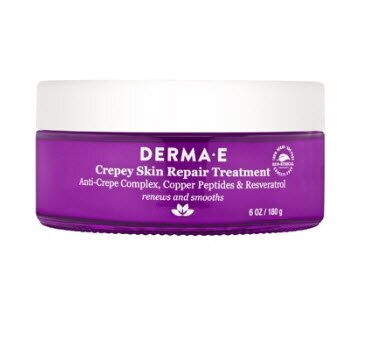Precious metals have had a colorful history in skincare. As skincare leaders of their day, Egyptian queens Cleopatra and Nefertiti were known to sleep wearing a gold mask. Prior to that, around 400 BC, Hippocrates commended silver’s healing and antimicrobial properties, citing its ability to prevent infections. Now copper—aka atomic number 29—because there are 29 protons and 29 electrons in its atomic structure, is having its turn in the sun, offering a veritable goldmine of benefits. Skincare afficionados and manufacturers are lauding copper’s wide-ranging benefits, from improved skin texture, increased plumpness, and a more even skin tone (read: toned-down age spots).
A brief history of copper in skincare
This is not copper’s first skincare rodeo. Many different civilizations have discovered the capacity of copper to help improve skin ailments. For example, the Sumerians (4000–2300 B.C.) pulverized malachite (basic cupric carbonate) to use for generic medical purposes. The Chinese (3000 B.C. TO 1100 A.D.) used copper (sulfate or sulfide) for topical treatment of skin and eye diseases. For centuries in India, holy water from the Ganges has been sold in copper vials, with the idea that the copper keeps the water clean. And to this day, copper sulphate is widely used in many African countries for healing sores and skin diseases.
OK, but just what are copper peptides?
Word on the street (on TikTok, the hashtag #copperpeptides has 4.8 million views) and in the labs is that peptides can reverse signs of aging. Peptides are the building blocks of protein that make up the foundation of our skin. When we age, the levels of protein in our skin diminish, leading to the loss of elasticity, which results in sagging skin and wrinkles. Copper peptides work to counteract this process by stimulating collagen production, triggering a response that restores skin’s youthful bounce. Here are three of copper peptide’s major claims to fame.
The benefits of copper peptides
Combat free radical damage
When applied topically, copper peptides work as an antioxidant. Both free radicals and the sun’s UV rays damage the skin’s ability to regenerate, which can lead to wrinkles, age spots and even skin cancer. Research suggests that copper peptides may positively impact skin fibroblasts—cells that generate connective tissue—potentially warding off damage to the skin barrier.
Minimize inflammation
Copper peptides possess strong anti-inflammation powers, playing an essential role in skin growth and wound healing. Several promising studies suggest that especially after facial treatments that cause irritation to the skin, such as chemical peels, microdermabrasion and laser treatments, copper peptides can lessen skin inflammation.
Boost hydration
Copper peptides trigger your skin to visibly repair by stimulating your skin’s natural production of collagen and elastin, key doorways to retaining skin’s natural moisture.
The copper within
Copper is one of those nine minerals that are recognized as essential nutrients for humans. It plays a crucial role in different physiological normal processes in basically all human tissues as well as in the skin. An average healthy body has about 110 mg of copper, 50 percent of which is found in the bones and muscles, 15 percent in the skin, 15 percent in the bone marrow, 10 percent in the liver and 8 percent in the brain. Copper is naturally found in many food sources such as meats, vegetables and grains. In skin care, copper peptides can be synthetically produced or derived from a plant or animal source.
Does not play well with vitamins C or A
Although without any major negative side effects, one word of caution is that copper peptides don’t combine well with direct acids, strong antioxidants and retinoids. Mixed with vitamin C, the two ingredients tend to cancel each other out. If used in tandem with retinol, the two ingredients can cause skin to become very dry.
How to use copper peptides in your skincare routine
Peptides are applied topically via serums and creams and work by signaling to your cells to produce more collagen and other key supportive molecules for your skin. Daily use, with an effective product, can result in rapid improvements to your skin’s overall appearance, such as reduction in the appearance of fine lines, wrinkles, roughness, sallowness and hyperpigmentation (brown spots).
Uplevel your anti-aging skincare routine
Reserveage is a skincare leader in collagen-boosting copper peptides. Like many active ingredients found in skin care products, copper peptides can oxidize, losing their efficacy over time. To prevent this, the copper peptides in Reservage’s proprietary technology are microencapsulated, to keep them fresh. It also helps the copper peptides penetrate deeper into the skin, maximizing the overall benefits. The brand’s collection has four different products designed to address the most visible areas of skin on a woman’s body—the face, eyes, neck and hands and feet.
Try: Reserveage Nutrition Firming Face Cream with Pro Collagen Booster features copper peptides that effectively smooth, nourish and hydrate the skin. $58, vitacost.com.




